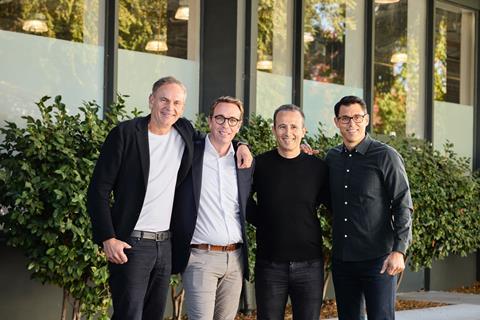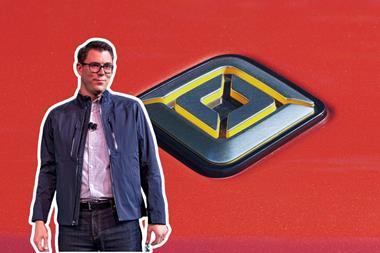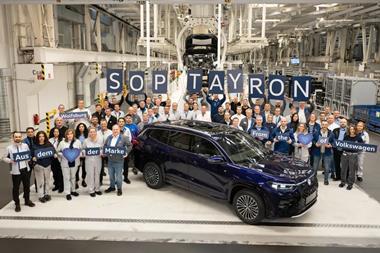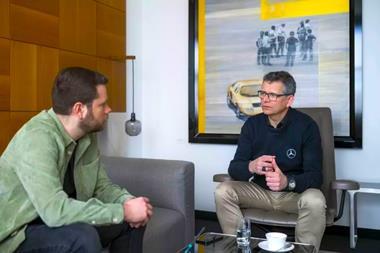The new joint venture (JV), with a potential investment of up to $5.8 billion, will see engineers from both partners developing software and electronics architectures and scale the electric vehicle platforms and architectures.

The companies say this JV, which was announced earlier this year, will be known as Rivian and Volkswagen Group Technologies, is expected to start in November 13 and aims to develop next-generation electrical architecture and best-in-class software technology for both companies’ future electric vehicles, covering all relevant vehicle segments, including subcompact cars.
The JV taps into Rivian’s software and electrical hardware technology and Volkswagen Group’s global scale and vehicle platform competencies. The project will be headed by Wassym Bensaid (Rivian) and Carsten Helbing (Volkswagen Group). Developers and software engineers from both companies will initially be based in Palo Alto, California, with three other sites in development in North America and Europe.
Combining their complementary expertise, the two companies say the plan is to reduce development costs and scale new technologies more quickly.
Oliver Blume, CEO of Volkswagen Group, said: “The partnership with Rivian is the next logical step in our software strategy. With its implementation, we will strengthen our global competitive and technological position…”
The JV will aim to use the existing Rivian electrical architecture and software technology stack, enabling the launch of Rivian’s R2 in the first half of 2026 and support the expected launch of the first models from the Volkswagen Group as early as 2027.
There has already been some successful development with the teams from Rivian and Volkswagen Group creating a drivable demonstrator utilising a Volkswagen Group vehicle which has been retrofitted to run on Rivian’s in-market zonal hardware design and integrated technology platform.
This partnership will be important for both companies as they experience significant headwinds in the EV market.
Speaking to BBC Radio Scotland about this deal earlier this year, Daniel Harrison, Automotive Analyst, Ultima Media, commented: “This joint venture is a very interesting development. Fundamentally, it’s a mutually beneficial arrangement for both companies because Rivian, as an EV startup, is burning through cash from investors very quickly.
”At the same time, Volkswagen has its own in-house software division called Cariad, which by all accounts has failed to produce a competitive product. The JV is anticipated to streamline costs for both companies by combining their strengths and scaling innovations globally. Rivian’s established electrical architecture and software platform will serve as the foundation for the JV’s SDV development, benefiting future vehicles from both companies.
“From that perspective, this joint venture makes perfect sense to play to their respective strengths. And in many ways, this is a lifeline for Rivian, because like many EV startups, [without such intervention] it’s likely to fail.”






































No comments yet